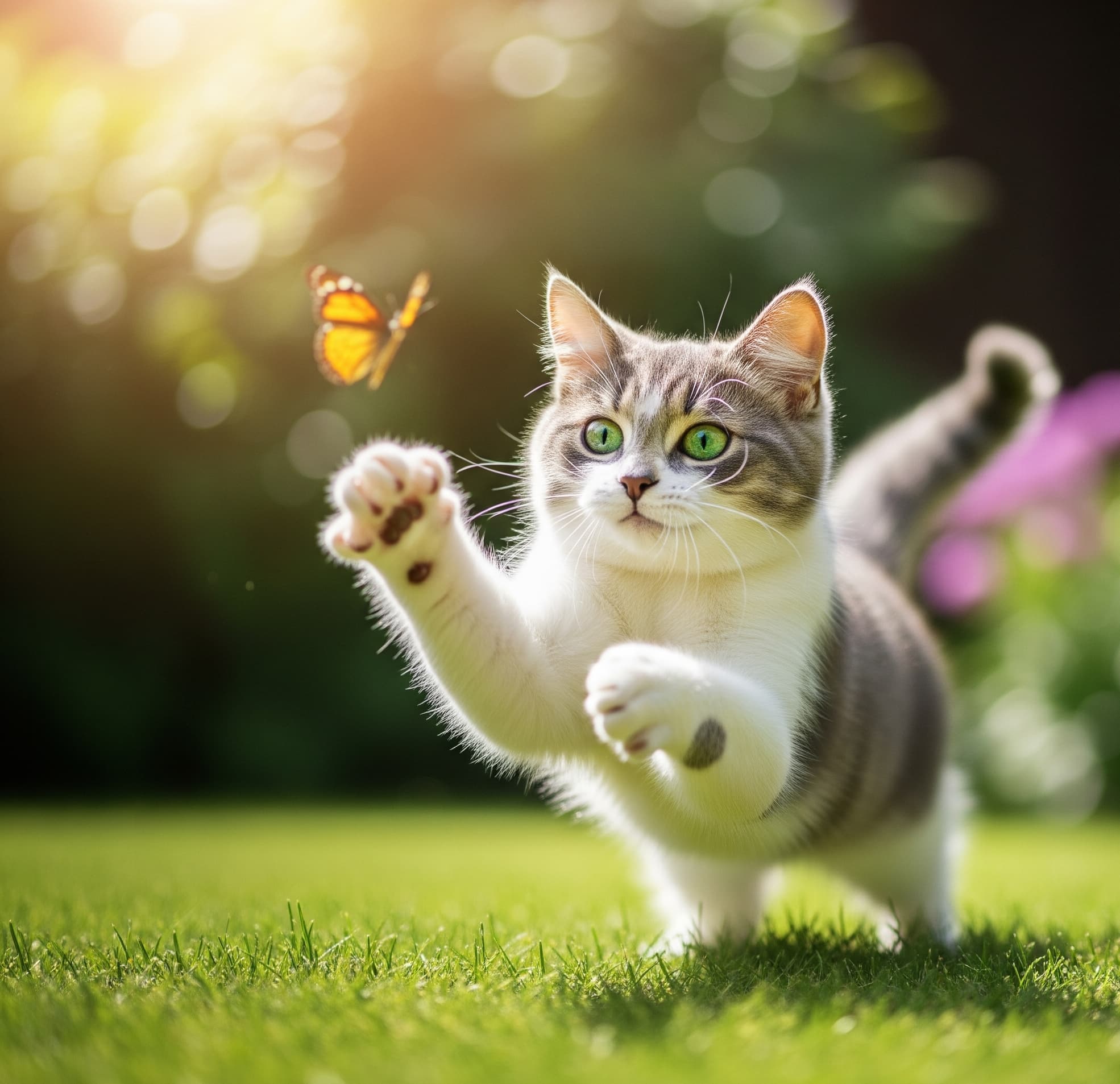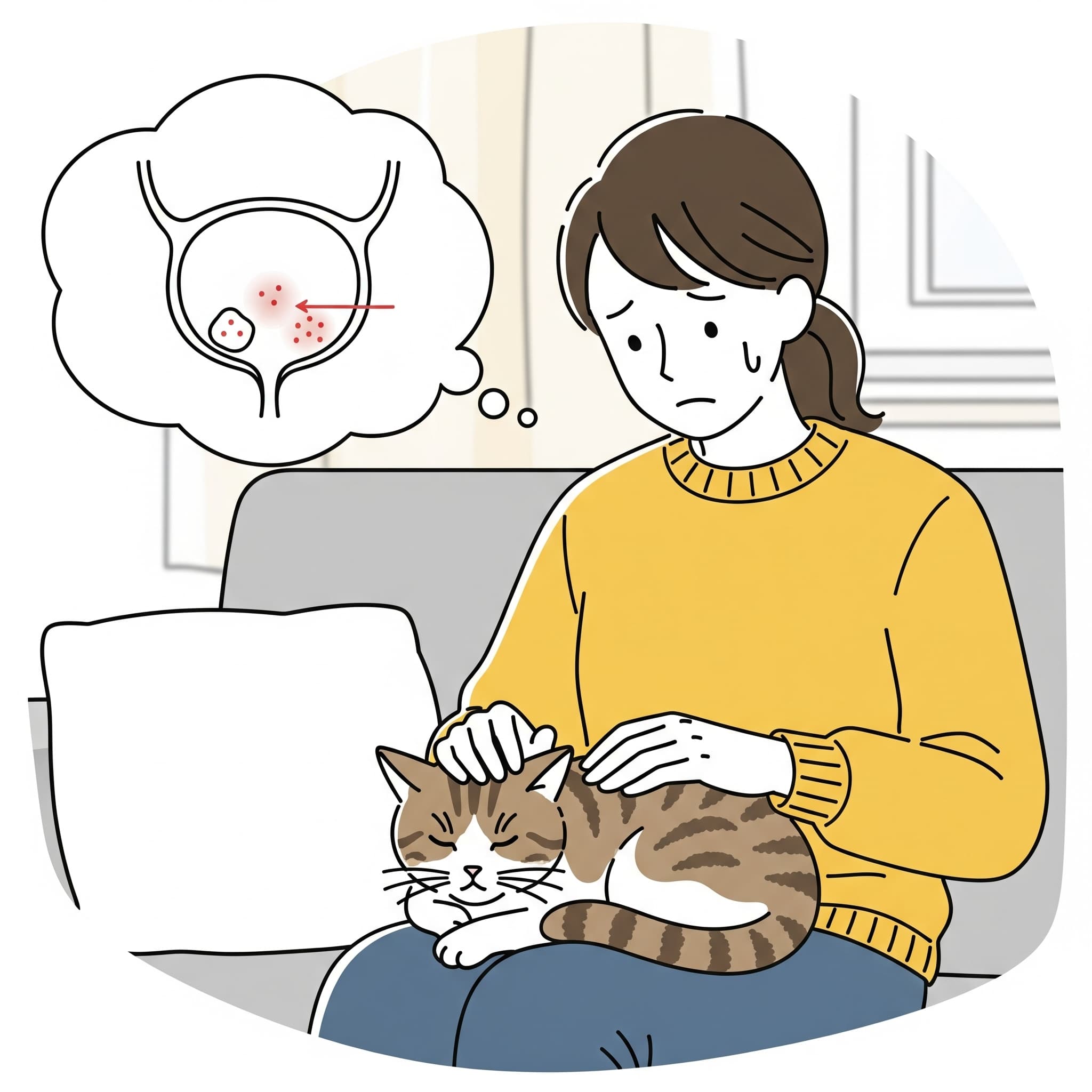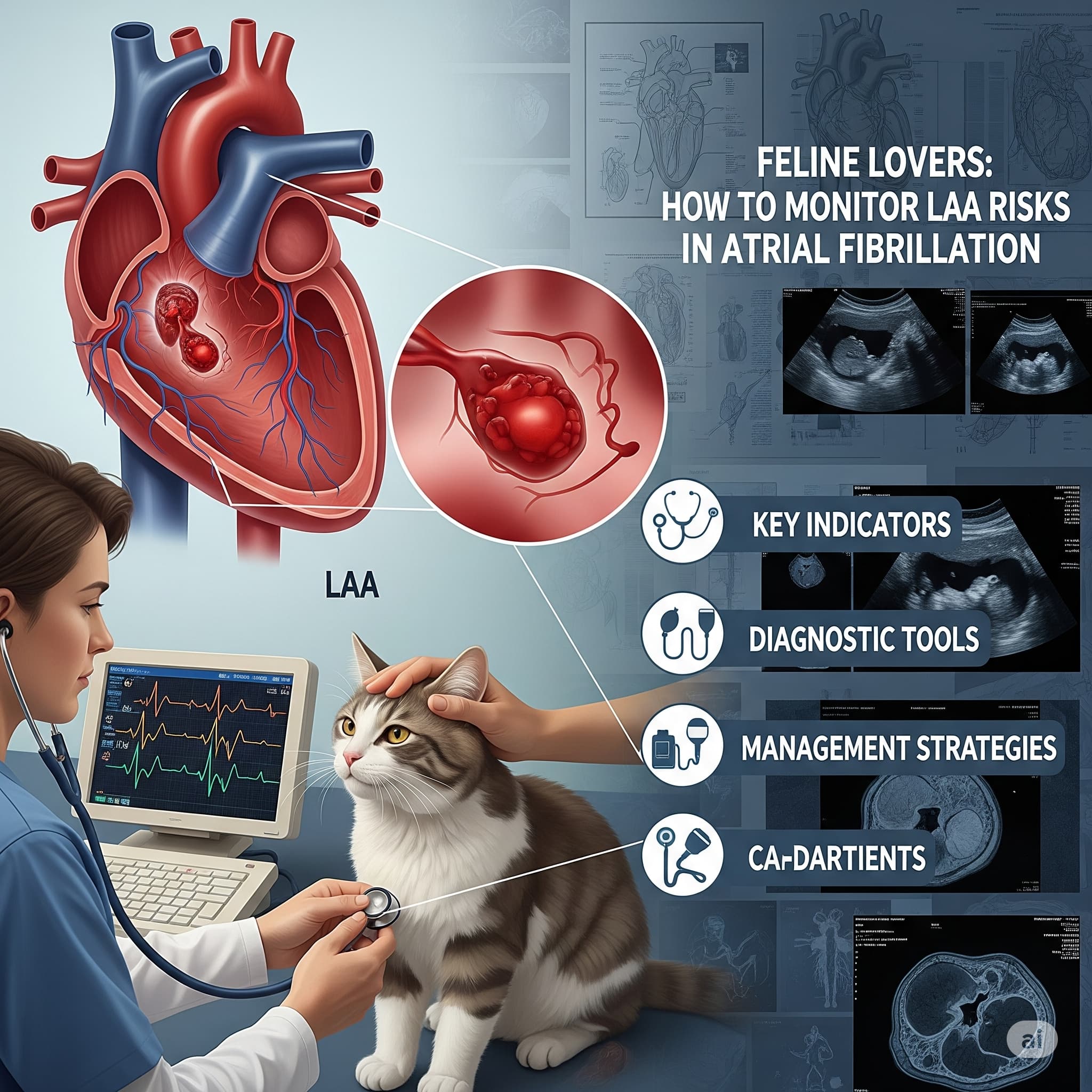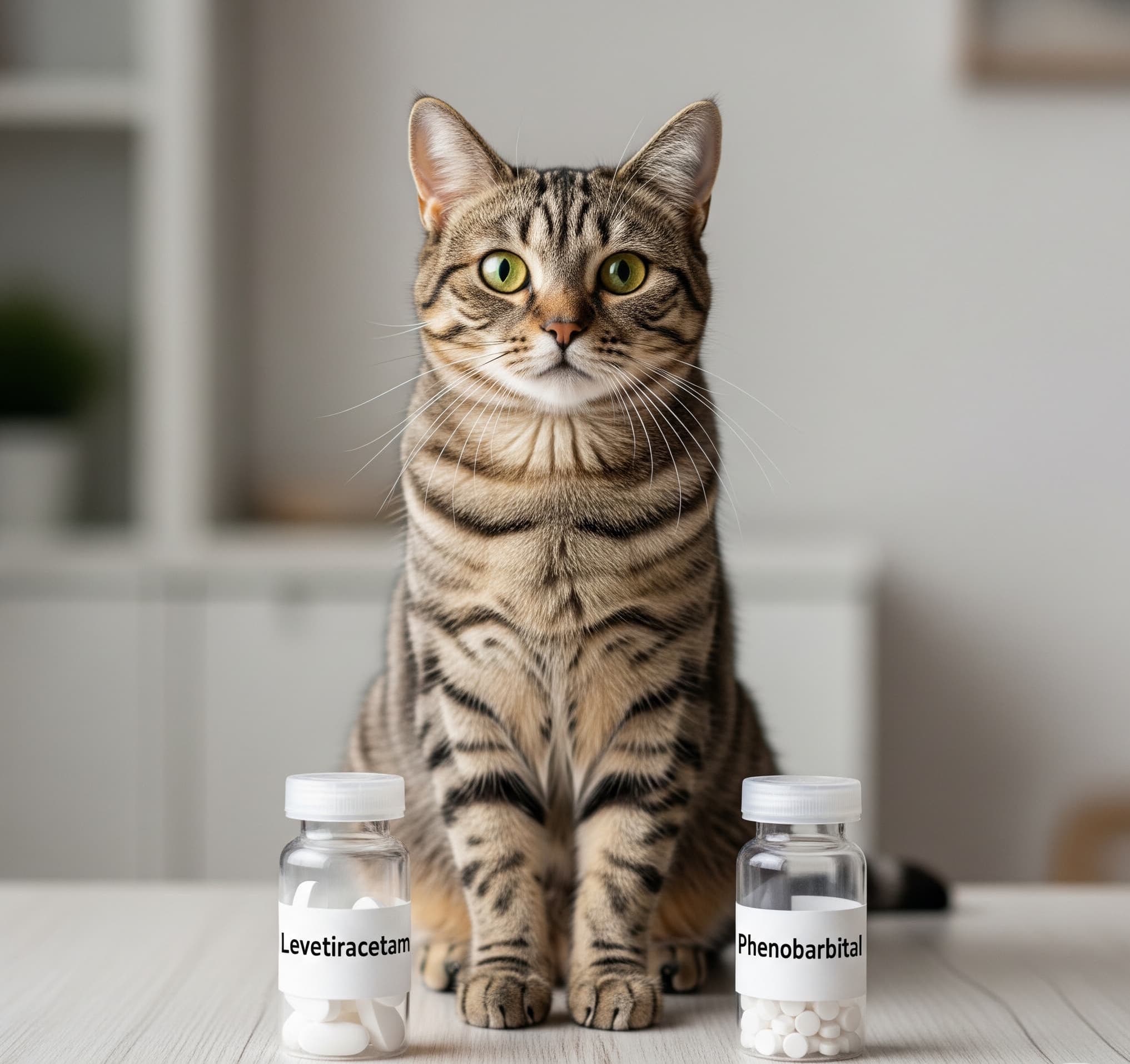Senior Cat Owners: Simplified Kitten Shot Timeline
Senior cat owners, master kitten vaccines with our easy timeline. Clear schedule, simple steps, and helpful reminders for your new furry friend.
Introduction
Getting a new kitten later in life brings special joy. Your experience with cats helps, but vaccine schedules have changed over the years. Today’s protocols differ from what you might remember from decades past.
This simplified timeline takes the guesswork out of kitten vaccines. No complicated charts or confusing medical terms. Just clear, easy-to-follow steps that fit your lifestyle and ensure your kitten stays healthy.
To help you navigate this extensive guide and quickly find the information most relevant to your needs, here are the key sections we’ll explore:
- How Kitten Vaccines Have Changed Since Your Last Cat
- Your Simple 4-Step Vaccine Schedule
- Easy Ways to Remember Appointments
- Senior-Friendly Tips for Vet Visits
- Questions from Experienced Cat Owners
How Kitten Vaccines Have Changed Since Your Last Cat
Kitten care has improved dramatically over the past 20-30 years. The vaccines you remember giving your previous cats work differently now.
Shots start earlier than before. Old guidelines recommended waiting until 8-12 weeks. Today’s schedule begins at 6-8 weeks. This change prevents more kitten deaths from disease.
Fewer combination vaccines are used. You might remember getting many shots in one visit. Modern vets prefer spacing vaccines out for better safety and effectiveness.
New diseases have vaccines now. Feline leukemia shots weren’t common decades ago. Today, most kittens get this protection automatically.
Indoor cats need more protection. Years ago, indoor cats got minimal vaccines. Research now shows indoor pets face more disease risks than previously thought.
The good news? The basic idea stays the same. Kittens need a series of shots when young, then boosters as adults. The timing just got more precise.
Your Simple 4-Step Vaccine Schedule
Forget complicated charts. This simple timeline covers everything your kitten needs for lifelong protection.
Step 1: First Visit (6-8 weeks old) Your kitten gets the FVRCP shot. This protects against three common diseases. Schedule this visit as soon as you bring your kitten home.
Step 2: Second Visit (9-11 weeks old)
Another FVRCP shot boosts your kitten’s immunity. Mark your calendar for 2-3 weeks after the first visit. Don’t wait longer than 4 weeks.
Step 3: Third Visit (12-14 weeks old) Final FVRCP shot plus the required rabies vaccine. Your kitten is almost fully protected after this visit. Most states require rabies shots by law.
Step 4: One Year Later Adult booster shots keep protection strong. After this, vaccines happen every 1-3 years depending on your area’s disease risk.
That’s it! Four simple steps protect your kitten for life. Write these dates on your kitchen calendar where you’ll see them daily.
Easy Ways to Remember Appointments
Staying on schedule matters more than the exact dates. These simple tricks help senior cat owners never miss important visits.
Use your phone’s calendar app. Most smartphones let you set repeating reminders. Set alerts for one week before each appointment. Ask a tech-savvy family member to help set this up.
Write appointments on a kitchen calendar. Put the calendar somewhere you see it every day. Use bright colored pens that catch your eye.
Ask your vet’s office to call you. Most clinics offer reminder calls 24-48 hours before appointments. Request this service when you schedule visits.
Buddy up with another pet owner. Friends or neighbors with pets can help remind each other about important dates. Supporting each other makes pet care easier.
Keep vaccine records in one place. Use a folder or envelope near your phone. When the vet calls to schedule, you’ll have all the information handy.
The key is finding a system that works with your daily routine. Simple methods work better than complicated tracking systems.
Senior-Friendly Tips for Vet Visits
Vet visits can feel different now than when you were younger. These tips make appointments easier and more comfortable.
Ask for the first appointment of the day. Morning slots mean less waiting time and quieter waiting rooms. Your kitten stays calmer with fewer distractions.
Bring a list of questions. Write down concerns ahead of time. It’s easy to forget important questions during busy appointments.
Request clear, written instructions. Ask your vet to write down care instructions. Having information on paper helps you remember details later.
Don’t hesitate to ask for help. Lifting carriers or controlling squirmy kittens can be challenging. Vet staff gladly assist senior clients.
Consider mobile vet services. Some vets make house calls for vaccines. This option eliminates travel stress for both you and your kitten.
Bring a friend or family member. Extra hands help manage carriers and paperwork. Another person can also help remember important information from the visit.
Choose a veterinary clinic that welcomes questions and takes time to explain things clearly. Good vets appreciate experienced cat owners and your valuable insights.
Questions from Experienced Cat Owners
Why Do Today’s Kittens Need More Shots Than My Previous Cats?
Veterinary medicine has advanced significantly. We now understand immunity better and have vaccines for diseases that weren’t preventable before. More shots mean better protection and longer, healthier lives for cats.
Can I Space Out Vaccines More If My Kitten Stays Indoors?
No, the timing is critical for proper immunity development. Spacing shots too far apart leaves dangerous gaps in protection. Indoor cats still face disease risks from air, visitors, and escaped pets.
Are Today’s Vaccines Safer Than the Ones I Remember?
Yes, modern vaccines undergo more testing and have fewer side effects. Manufacturing standards are much stricter now. Serious reactions remain rare but vets monitor more carefully.
Should I Find a New Vet or Use My Old One?
If your previous vet is still practicing and you trust them, that’s perfect. Familiarity helps. However, if you’re uncomfortable with changes in their practice or protocols, finding a new vet is fine too.
Do Senior Citizens Get Discounts on Pet Care?
Many clinics offer senior discounts on routine care including vaccines. Animal shelters and low-cost clinics often have special pricing. Always ask about available discounts when scheduling appointments.
Conclusion
Welcome back to kitten parenthood! Your years of cat experience, combined with today’s improved veterinary care, give your new kitten the best possible start in life. The vaccine schedule might seem different from what you remember, but the four simple steps make it easy to follow.
Remember, modern vaccines are safer and more effective than ever before. Starting at 6-8 weeks with visits every 2-3 weeks ensures your kitten develops strong, lifelong immunity against dangerous diseases.
Ready to give your new kitten the protection they deserve? Call your veterinarian today to schedule that first important appointment. Your experience as a cat owner, plus today’s advanced vaccines, equals one very lucky and healthy kitten!




Post Comment